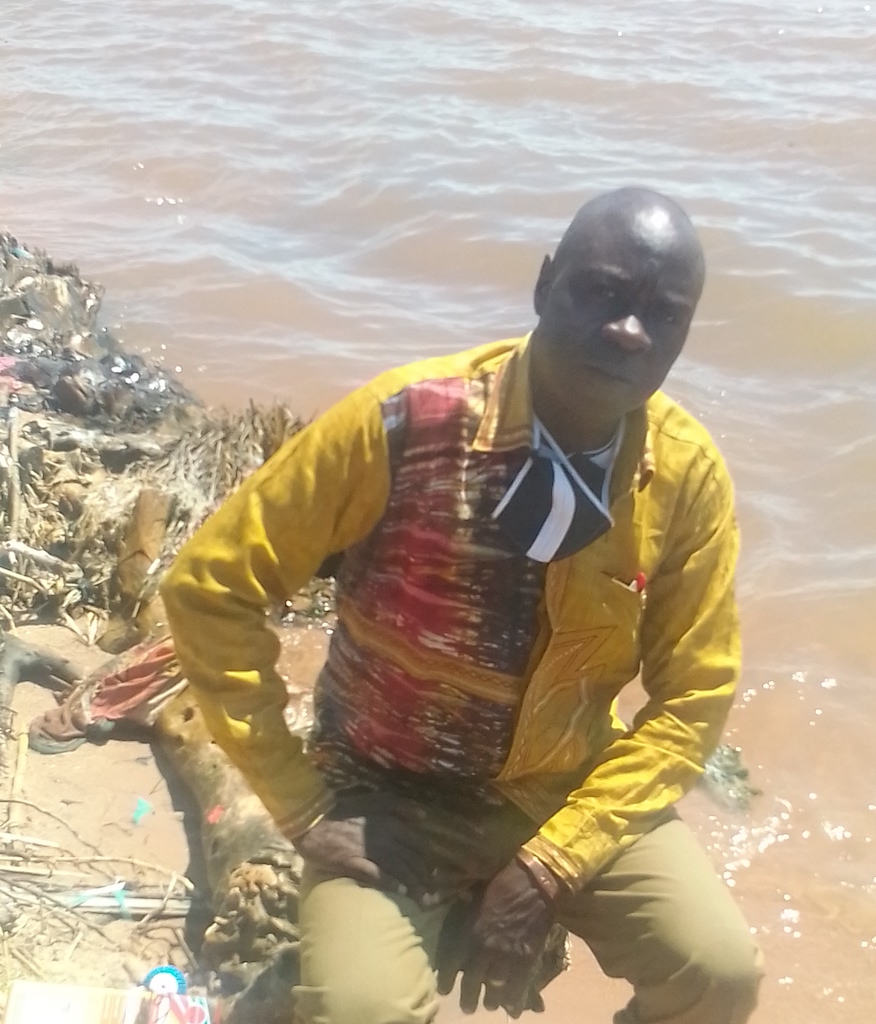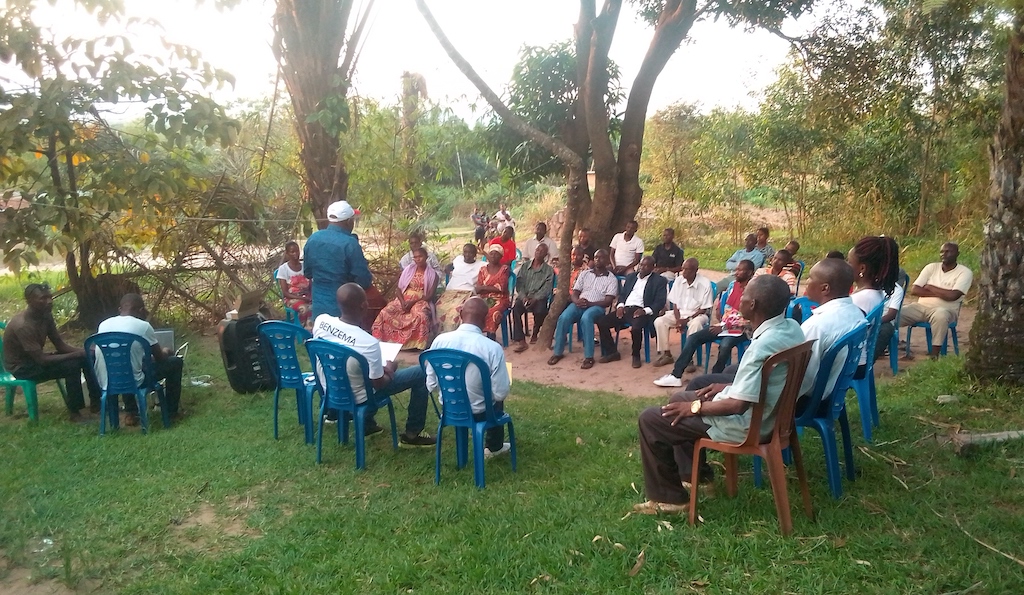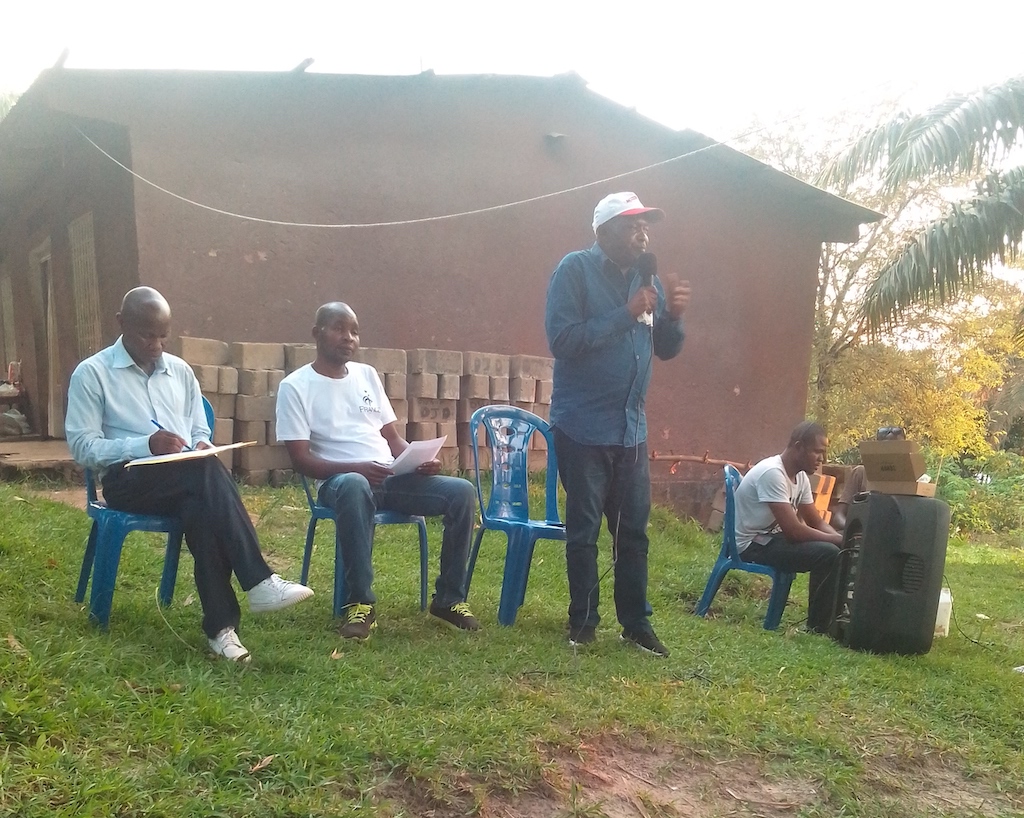My name is Jean Baptiste Katako Kayambi, and I am from the Democratic Republic of Congo. I am a civil servant: previously I worked at the Ministry of Justice, and currently, I’m an official at the National Central Bureau of Interpol Kinshasa/Democratic Republic of Congo. I have always been concerned by the environmental problem. First, in Butembo, North Kivu, where I worked with students and farmers in reforestation. Then posted to Kinshasa, I was touched by the problems of climate change and erosion.

Photo: Jean Baptiste Katako Kayambi
As a result, I decided to take the following five courses on the UN CC:Learn platform: Human Health and Climate Change; Children and Climate Change; Advancing on REDD+; Cities and Climate Change; and Introduction to Climate Change. These different courses have pushed me to better understand the causes of climate change in the city of Kinshasa and personally, has led me to change my behavior in a number of ways.

Photo: Jean Baptiste Katako Kayambi
The biggest action that these courses have inspired me to take is to create a non-governmental organization that we have named Think Tank on Security, Human Rights and Development. We currently have fifty active members engaged in our activities, and are supported by hundreds of other individuals. Within our organization, we have students, government officials, pastors, doctors, teachers and women, as well as many unemployed youth. We have understood that the problems of the destruction of our environment, erosion, and other related issues are a security issue, affecting our human rights to live in a safe and healthy environment. As a first step, we have been organizing awareness building and sensitization sessions on collective tree planting and other anti-erosion activities.
We have held several meetings in our communities to talk to the local people about the need to protect our environment, the fight against erosion, the importance of reforestation, and the impact of climate change on health. We work together with the communities and in close collaboration with the local authorities, who attend our meetings. At these, we advise them on the actions and measures to be taken to protect our environment.
Thanks to our organization, we have been able to transform the erosive sites of our environment into areas of tree planting, and have educated the local population – and particularly the youth – on the need to be responsible for conserving our environment. We will continue to do so both through concrete acts, such as tree planting and by fighting all governmental and other projects that may contribute to the degradation of our environment.

Photo: Jean Baptiste Katako Kayambi
Get involved:
Are you part of an organization that deals with climate change? What results have you achieved so far? Tell us a bit more about your experience on Facebook, Instagram or Twitter and tag UN CC:Learn. Every small step counts and can lead to a positive impact on your community. We want to learn from you!
Start your learning journey:
Access our e-learning platform on unccelearng.org and take free courses on climate change and green economy. You may be interested in learning about:
